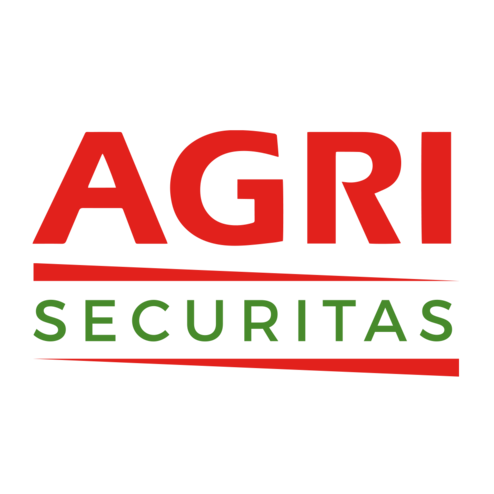Agri SA will be making a submission to Parliament which demonstrates the negative impact of the national minimum wage on the growth and sustainability of the agricultural sector. Unless the increases of the minimum wage in the agricultural sector are aligned with inflation, there is a real risk of the agricultural sector contracting with devastating effects for employment in the sector.
While the agricultural sector has proven remarkably resilient in the face of numerous crises, most notably the lingering impact of the Covid-19 pandemic, the pressure on the sector is beginning to show. Whereas the sector grew by 17,8% in 2020, it only grew by 7,4% in 2021 and a marginal 0,9% in 2022. This slower pace of growth is reflected in the labour statistics released by Stats SA this week which showed a 0,8% quarter-on-quarter increase in employment in the agricultural sector.
The decline in the agricultural sector’s profitability is the result of rising input costs of which labour is the most significant, constituting 25% of all production costs. For this reason, the national minimum constitutes a tremendous burden on the sector that is exacerbating the already crippling external pressures on farmers. Industries like the sugarcane sector, for example, already face enormous increases in the cost of fertiliser as a result of the Russian invasion of Ukraine. At the same time, industries like citrus also face financial strains in relation to the cost of shipping for export goods as a result of South Africa’s failing road, rail and port infrastructure.
All these pressures on the sector have led to a rapid increase in the total farming debt burden on farmers. In 2006, farming debt stood at R37,7 billion. By 2022, the debt stood at R205 billion. This is a 442% increase over 15 years.
This debt burden has risen as a result of one fundamentally misunderstood dynamic in the sector: farmers are price takers, with no control over prices beyond the farm gate. Local and international retailers set the prices and increases such as the national minimum wage do not form part of their considerations. If retailers do not increase prices as input costs rise, farmers are forced to absorb those additional costs. This dynamic is exacerbated by market access challenges that result in a greater surplus of produce on the local market, lowering the price that producers can obtain.
The result of these accumulated challenges is greater pressure on South Africa’s food production. This compromises both the ability of the agricultural sector to guarantee the country’s food security and its ability to maintain and expand employment opportunities in the sector. The only way to protect food security and promote employment in the sector is to control the cost pressures on the sector. While many of the contributing costs are out of our control, the national minimum wage is firmly within government’s control.
Agri SA is therefore reiterating its call to government to prioritise food security and employment protection in the determination of the national minimum wage. This is a critical commitment from government if the country is to maintain its food security and protect vital jobs in our flailing economy.
Media enquiries:
Johan Wege
Chair of Agri SA’s Centre of Excellence: Labour
082 337 4520
Thulile Sikhosana
Administrator: Labour Centre of Excellence
068 033 5653










